Volkmar Mühleis is a professor of philosophy of art in Belgium. He is also a musician, a radio speaker and a lecturer worldwide.
Versione in italiano
- Leggete la versione in italiano.
I knew Volkmar Mühleis about ten years ago in Brussels. We had an excellent Belgian beer with Gouda cheese in a famous pub in Art Nouveau style in the centre of Brussels called La Mort Subite. Volkmar is a teacher of philosophy of art and he has been lecturer in Germany, England and New Zealand. He also manages artistic projects.
D: Volkmar, would you tell us about your experience as a radio speaker?
R: To speak on the radio needs two qualities: a voice that people like to hear, and a way of speaking that people like to hear. You can give your voice more character, by a certain way of speaking, but you cannot change your voice in its general characteristics. And if you speak free, you have to speak very concentrated, you have to be sharp – and at the same time you have to be relaxed, feel comfortable, so that people can relax with you and feel comfortable. If you read a text, you have to speak it, clear and intimate, because you are not standing on a theatre stage, people will hear every sound of your voice, because of the technique. So it is the art to feel comfortable in acting very concentrated.D: You have also important artistic projects. What are they about?
R: Uh, if they are so important? To me, yes, and hopefully to others, too. I write. I write prose and poetry, lyrics for songs and songs themselves. Further on I write reflections – on art in special, on philosophy in general. My last gig in the Audio Foundation in Auckland went very well, I performed pieces of mein Bruder Karin, a project of electronic pop music I am working on, together with Lutz Boddenberg, a composer for film music in Düsseldorf. Beside this I recently finished a video with Ortrud Kegel, an experimental flute player from Cologne.D: Recently you were lecturer in New Zealand. How was this experience?
R: Wonderful! I did a talk on the aesthetic thinking of the French philosopher Jacques Rancière in the Auckland Art Museum, the auditorium was completely full and after the talk a lot of interesting questions raised, so the discussion was still going while the supposters wanted to close the room. I also gave a lecture on the relation of fine art and blindness at ELAM School of Arts, part of the University of Auckland. I highly enjoyed the huge intercultural exchange in this Pacific region, with a lot of people from China, India, the Pacific islands.
D: You are an expert of the philosophy of Jacques Rancière. What is the role of art in modern society?
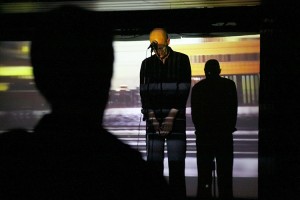 R: To keep imagination going. There is always an alternative – that is the lesson art teaches us. If, as an active citizen, you have to be able to articulate alternatives, you have to be able to imagine alternatives. Not as an expert, but as a human being, so that you can keep growing, orienting yourself, together with others. The freedom of imagination needs media of imagination. Artworks are asylums for this freedom, for each and everyone. Therefore, they are no commodities, services or whatever that can be functionalized in our technological, economically global and communicative world.
R: To keep imagination going. There is always an alternative – that is the lesson art teaches us. If, as an active citizen, you have to be able to articulate alternatives, you have to be able to imagine alternatives. Not as an expert, but as a human being, so that you can keep growing, orienting yourself, together with others. The freedom of imagination needs media of imagination. Artworks are asylums for this freedom, for each and everyone. Therefore, they are no commodities, services or whatever that can be functionalized in our technological, economically global and communicative world.
D: Which are the differences between art and design?
R: Art and design both are serving the collective. But art needs always an individual dimension, while some design can perfectly be created in teamwork and produced in series for collective use, without any dimension that speaks to the individual spectator – like a lamp, a heating or whatever. Apart from this, art is not obliged to respect even the conceptual identity of any object. To give an example: If you want to design a chess game, you still have to respect the conceptual identity of a chess game, so that people can use your board and figures to play chess. An artist can get rid of the whole idea of a chess game to create something completely different. To this extent the artist has more freedom. But I would not say that he or she is more creative, because it is so hard to design something very common to everyone in a way that everyone might discover it as fresh, new and different. This is a great art, too.D: What could art teach to design?
R: The horizon beyond the readable, beyond the gesture and communication. The resistance of matter in a work. The existential dimension of such a work. For example. And design could teach to art that art is just a part of the cultural world that is shaped by design and architecture. Everything artefact is designed, within forms of architecture. So they all are highly connected.D: What about your future projects?
R: Now I am working on a philosophical book on Rancière regarding the artistic practice and my second novel. Further on I will give a lecture at the upcoming congress of the German Association of Aesthetics in Hamburg.
D: Last but not least, would you like to share a thought with businessmen and businesswomen reading this interview?
R: In a democracy, freedom is always linked with equality. How do you think about equality? Is it just ‘equal chance’ on the market? And to which extent does this equal chance exist?
To end
Thank you very much, Volkmar!
Photo Credits: © Jürgen Hillenbach, © Peter Bultink

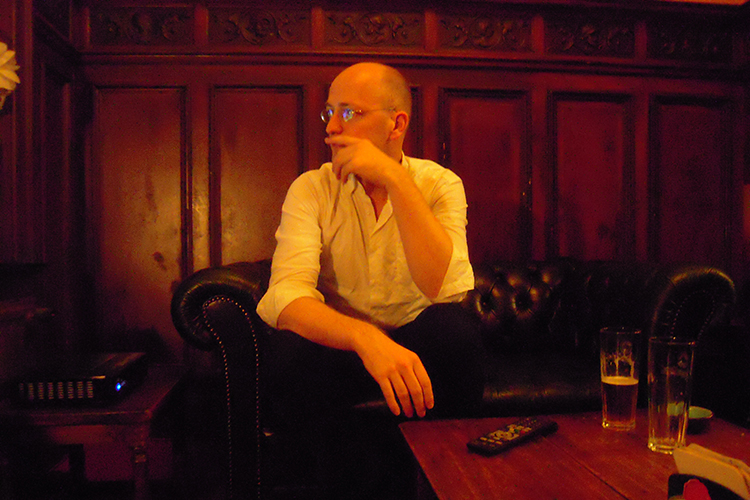
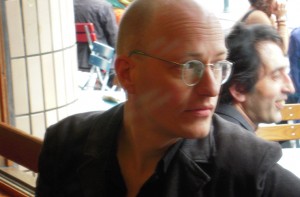
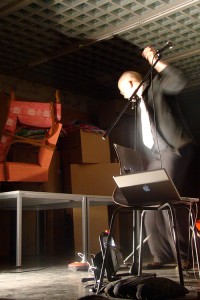
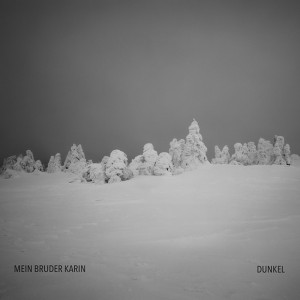

Partecipa
Commenti su Facebook
Commenta tramite Google+
Powered by Google+ Comments